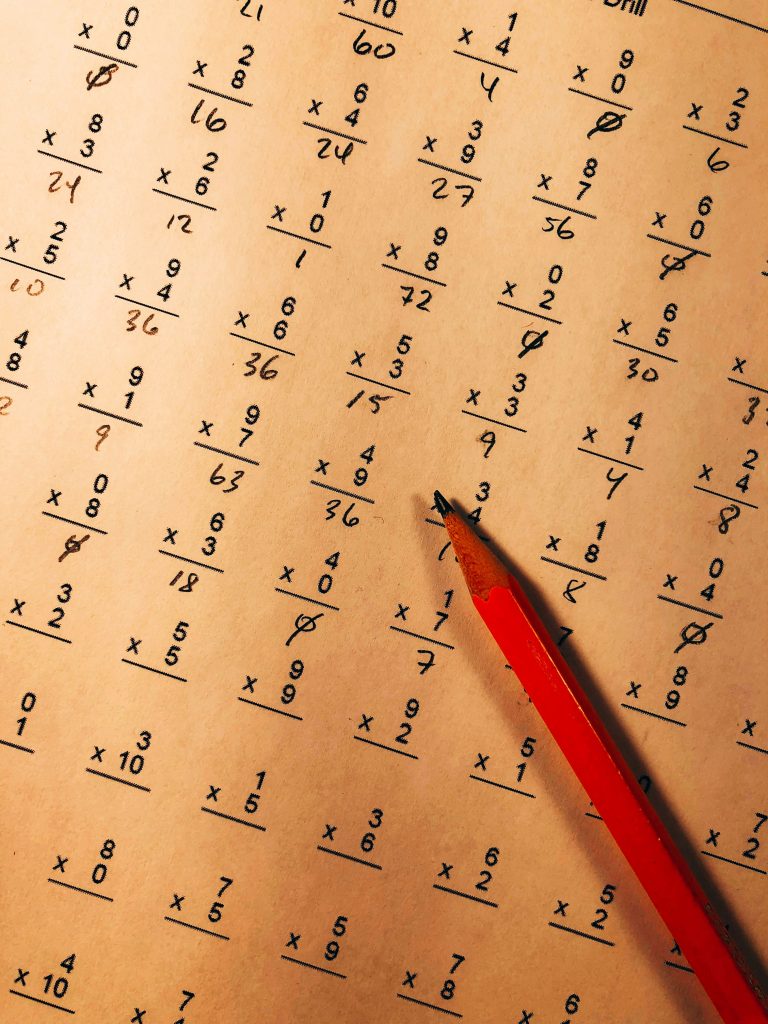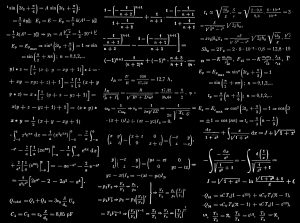Mastering Mental Math with the Abacus: 7 Essential Tips for Rapid Calculation Skills

Are you a parent looking for ways to help your child improve their math skills? Do you want them to become faster and more accurate in their calculations? Look no further! In this article, we will explore the world of mental math and how the abacus can be a valuable tool in mastering this crucial skill. By using the abacus, your child can develop exceptional calculation abilities, strengthen their brainpower, and gain confidence in mathematics. In this article, we will share seven essential tips on how to master mental math with the abacus. So let’s dive in and unlock your child’s calculation skills!
What is an Abacus?
Have you ever wondered what an abacus is and how it works? An abacus is a counting tool that has been used for centuries to perform calculations quickly and accurately. It consists of a wooden frame with rods or wires, and beads that slide along these rods. Each bead represents a specific value depending on its position.
The abacus is divided into two sections: the upper deck and the lower deck. The upper deck usually represents units, while the lower deck represents tens, hundreds, thousands, and so on. The beads on each rod can be moved up or down to indicate different numbers.
Using an abacus helps children visualize numbers and understand their relationship to each other. It provides a hands-on approach to learning mathematical concepts and lays a strong foundation for mental calculations. Now that we know what an abacus is, let’s learn how to improve mental math using this remarkable tool.
Start with the Basics
Before jumping into complex calculations, it is essential to start with the basics. Familiarize yourself with the structure of the abacus and understand the value of each bead. Learn how to perform basic operations like addition and subtraction using the abacus. This foundation is crucial for building speed and accuracy in mental math.
Begin by practicing simple addition and subtraction problems using the abacus. Start with numbers within 10 and gradually increase the complexity as your child becomes more comfortable. Encourage them to visualize the movements of the beads and understand how they represent different values. Regular practice of these basic operations will strengthen their understanding of number concepts and enhance their mental calculation skills.
Practice Regularly
Consistent practice is key to improving mental math skills. Set aside dedicated time each day for your child to work on calculations using the abacus. Start with short sessions and gradually increase the duration as they progress. Regular practice helps reinforce learning, build confidence, and develop fluency in calculations.
Incorporate mental math practice into daily activities, such as grocery shopping or cooking. Encourage your child to mentally calculate prices or measurements using the skills they have learned with the abacus. This real-world application will make math more relatable and engaging.
Break Down Numbers
When faced with larger numbers, it can be challenging to perform calculations mentally. An effective technique is to break down these numbers into smaller, more manageable parts. For example, let’s say you need to add 578 and 346. Instead of adding them directly, break them down into smaller components.
First, add the hundreds: (500 + 300). Then, add the tens: (70 + 40). Finally, add the units: (8 + 6). By breaking down the numbers, you simplify the calculation process and reduce the chance of errors. This technique can be applied to both addition and subtraction problems, making mental math much more accessible.
Visualize the Abacus
As your child becomes more proficient with the abacus, encourage them to visualize it in their mind. This mental imagery allows them to perform calculations without relying on the physical tool. Visualizing the abacus enhances their mental agility and enables faster computations.
To develop this skill, practice mental calculations without physically using the abacus. Encourage your child to imagine sliding the beads along the rods and visualizing the values they represent. Start with simple calculations and gradually increase the complexity. With practice, they will become more skilled at performing mental math without relying on external tools.
Engage in Fun Learning
Learning should be enjoyable! Incorporate games and apps that focus on abacus training into your child’s learning routine. Many educational tools offer interactive ways to practice mental math, making learning engaging and effective.
Look for apps or online resources that provide virtual abacus simulations and interactive practice problems. These tools can reinforce your child’s understanding of the abacus and provide a fun learning experience. Make it a family activity by challenging each other to solve mental math problems using the abacus. This friendly competition can motivate your child to excel in their calculations.
Track Your Progress
Monitoring progress is crucial in any learning journey. Keep a record of your child’s calculations and improvements over time. This tracking helps identify areas that need more focus and motivates them to continue enhancing their skills.
You can create a simple journal or use online platforms that provide tools for tracking progress. Celebrate milestones along the way and acknowledge their hard work. By tracking progress, your child will see how far they have come and be inspired to keep pushing forward.
The abacus is a powerful tool that can unlock your child’s calculation skills and enhance their overall mathematical abilities. By starting with the basics, practicing regularly, breaking down numbers, using the complementary method, visualizing the abacus, engaging in fun learning, and tracking progress, your child can master mental math and become faster and more accurate in their calculations.
SIP Abacus India offers world-class skill development programs that use the abacus tool and visualization techniques to teach children mental math skills from ages 6-12. Their curriculum is divided into structured levels with small class sizes to ensure individual attention. Children who complete the SIP Abacus program perform significantly better in math and reading at school. The program not only improves calculation skills but also enhances focus, concentration, overall intelligence, and academic performance.
Unlock your child’s calculation skills with the abacus today! Start their journey towards rapid mental math and watch them excel in mathematics.



